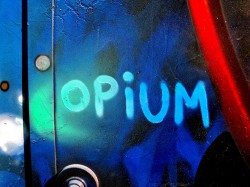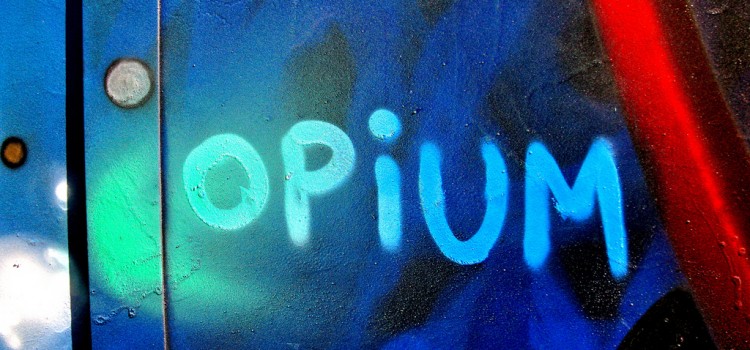 Opiate addiction, such as heroin addiction, is a disease which is especially debilitating. As much as nine percent of the population may misuse opiates sometime in their life, including heroin or prescribed pain killers like Oxycontin. The drugs create a physical dependence on them, forcing the user to take the drugs or suffer from withdrawal. As time progresses, larger amounts of the drug are needed in order to achieve the same effect.
Opiate addiction, such as heroin addiction, is a disease which is especially debilitating. As much as nine percent of the population may misuse opiates sometime in their life, including heroin or prescribed pain killers like Oxycontin. The drugs create a physical dependence on them, forcing the user to take the drugs or suffer from withdrawal. As time progresses, larger amounts of the drug are needed in order to achieve the same effect.
If the individual stops taking the drugs, then withdrawal symptoms occur; some people may experience withdrawal even after using the drugs in a hospital setting for pain; they might think they have the flu. Unaware that more opiates would counter the effects, they don’t think to seek out more drugs. However, like any alcohol or drug use, opiate addiction can become a threat to a person’s well being, making proper treatment for the addiction vital.
The symptoms for withdrawal from opiate may in some cases appear mild, but worsen depending upon use. Such early symptoms include anxiety and agitation, increased tearing, muscle aches, sweating, a runny nose, even yawning. As symptoms progress, a person will experience cramping in the abdomen, dilated pupils, diarrhea, goose bumps, nausea and vomiting.
Unlike alcohol withdrawal, opioid withdrawal may be extremely uncomfortable but isn’t life threatening. The symptoms begin within twelve hours of the last use of heroin, and within thirty hours of the last use of methadone. In a treatment setting, a patient will receive support and medication. The medications include clonidine to reduce the anxiety and muscle aches, the sweating and the cramping. Other medications will be used to treat the vomiting and diarrhea. Buprenorphine (also known as Suptex) is a drug that’s worked well with treating opiate withdrawal and may shorten the time of the detox. It might also be used for long-term maintenance, similar to the way methadone is used, by slowly decreasing the dosage over time. In a controlled environment, the patient can safely detox with less threat of complications.
After treatment for opiate addiction, in order to keep off the opiates, support groups are recommended, such as Narcotics Anonymous and SMART Recovery.
